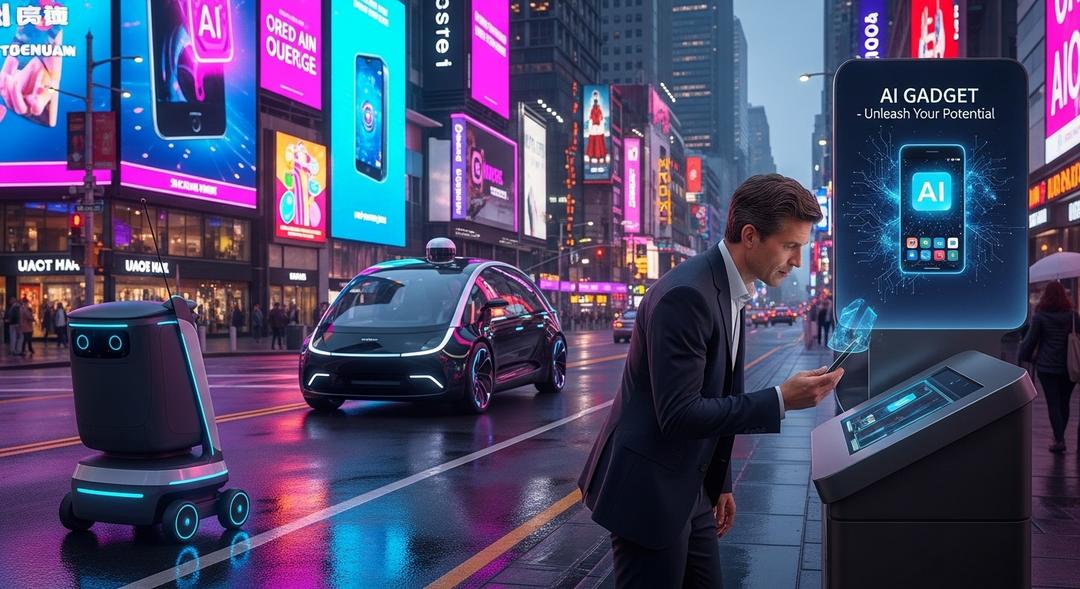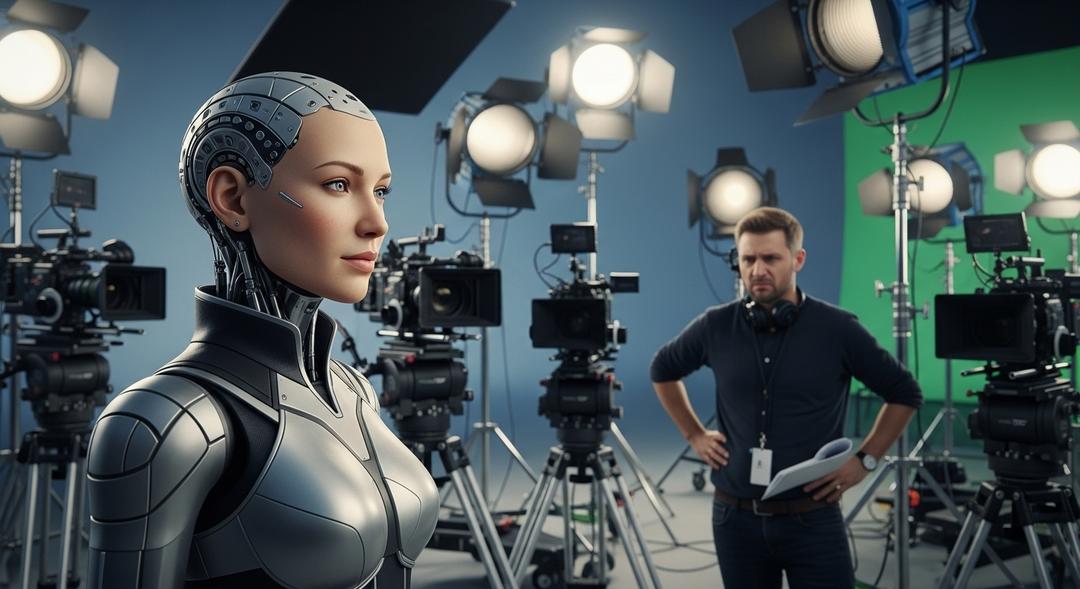Fear of AI in the UK workplace is holding people back, but Peter Kyle wants that hesitation replaced with excitement.
The technology secretary believes anyone can learn the basics of artificial intelligence and that a little curiosity is all it takes for trepidation to shift into exhilaration. After sitting down with top technology firms, he’s pushing British workers and businesses to act quickly so they won’t fall behind those already using the technology daily.
The government has just announced an ambitious plan to train seven and a half million workers in AI skills by 2030. Major companies like Google and Amazon are signed on to help.
One striking finding from Kyle’s conversations is that the more mature workforce feels particularly disconnected from AI, with people over 55 using the technology much less than their younger peers. He claims this generational gulf in confidence could be bridged with as little as two and a half hours of training.
Kyle isn’t expecting people to learn rocket science or advanced coding. Instead, he suggests workers could benefit from a simple introduction: understanding how AI operates, interacting with it confidently, and exploring new workplace possibilities.
Rethinking Jobs and Skills in an AI World
Concerns about AI’s impact on employment still loom large, especially in sectors like law, medicine, and finance, where predictions of job losses spark anxiety. Data from international organizations highlight that up to sixty percent of roles in countries such as the UK could be transformed by automation, with half of these facing possible negative effects.
Despite these warnings, some advisors argue that AI will spark job creation and economic growth, balancing out many of the losses. Keir Starmer acknowledges public skepticism but sees technology as a force for prosperity and better public services.
Surveys reveal people in English-speaking countries are more cautious about AI than those in mainland Europe, reflecting a deeply-rooted unease about rapid technological change. Kyle worries that anyone waiting too long to engage could fall permanently behind, while those who embrace new skills now will thrive.
He also offers a new approach on the tricky topic of copyright and AI development following heated debates in Parliament. Admitting past missteps, Kyle says he’s ready for a fresh start to ensure creative professionals are properly rewarded as digital innovation accelerates.
His message is direct: don’t wait for certainty or perfect understanding. Take a bit of time to try AI, and you might discover it is more accessible and rewarding than expected.








